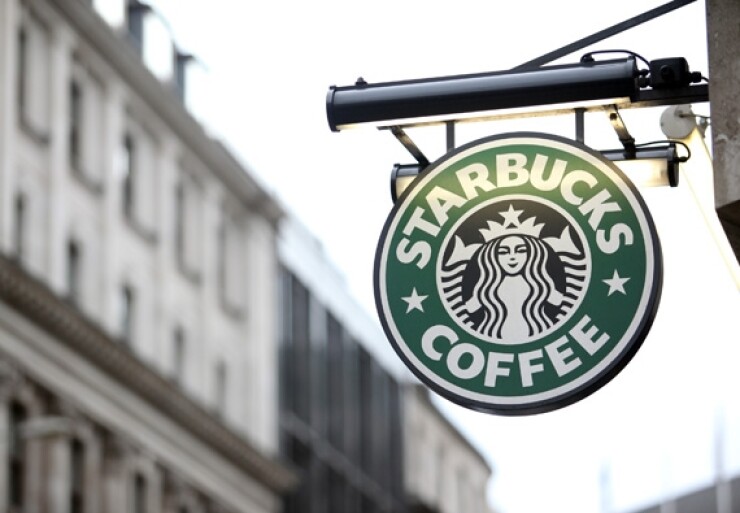Starbucks is continuing to add to their robust suite of employee benefits by offering free mental health sessions to all U.S. employees. Starting April 6, employees and eligible family members will have access to 20 sessions per year through Lyra Health, a mental health benefits provider.
Through the Lyra Health platform, Starbucks employees will be able to seek mental health treatment, identify available health providers in the Lyra Health network that meet their individual needs and book appointments on the spot with options to meet with their therapist or coach by video or in-person. Employees can also access self-guided online programs on topics like depression, anxiety and stress, among others. Lyra Health also offers support for legal services, identity theft and financial coaching.
“Mental health is a fundamental part of our humanity and these resources will make a meaningful difference in people’s lives and help break the stigma around this complex issue,” says Kevin Johnson, president and CEO of Starbucks.
The Lyra Health mental healthcare benefit was created based on employee feedback and is the latest addition to the company’s mental health initiative announced last September, which aims to promote mental wellness. Earlier this year, the company announced employees in the U.S. and Canada would have
Having a mental health benefit that is tailored to employees’ needs is important because they are more willing to get the care they need if it fits their preferences, says Sean McBride, head of partnership at Lyra Health. He says employees are facing a variety of different mental health challenges, from day-to-day stress and burnout to more severe cases.
“Some people prefer to see their mental health provider in-person, while a growing number appreciate the convenience of being able to get care via live video and to engage with a provider virtually between sessions,” McBride says.






